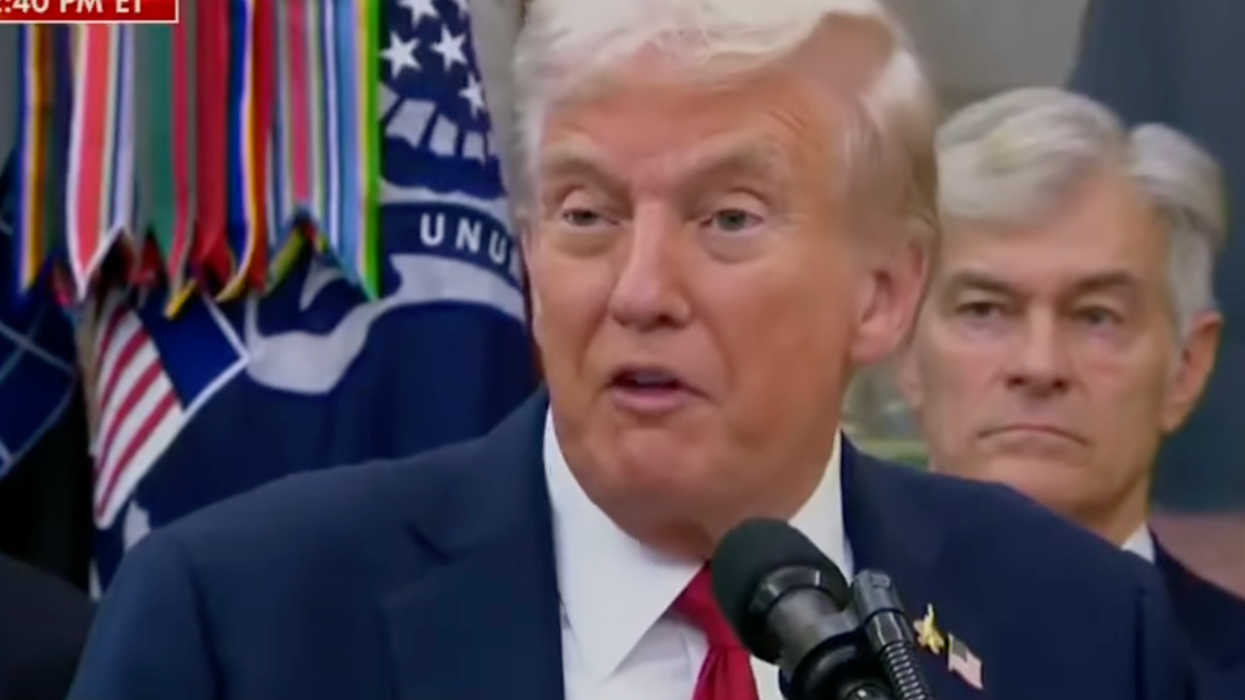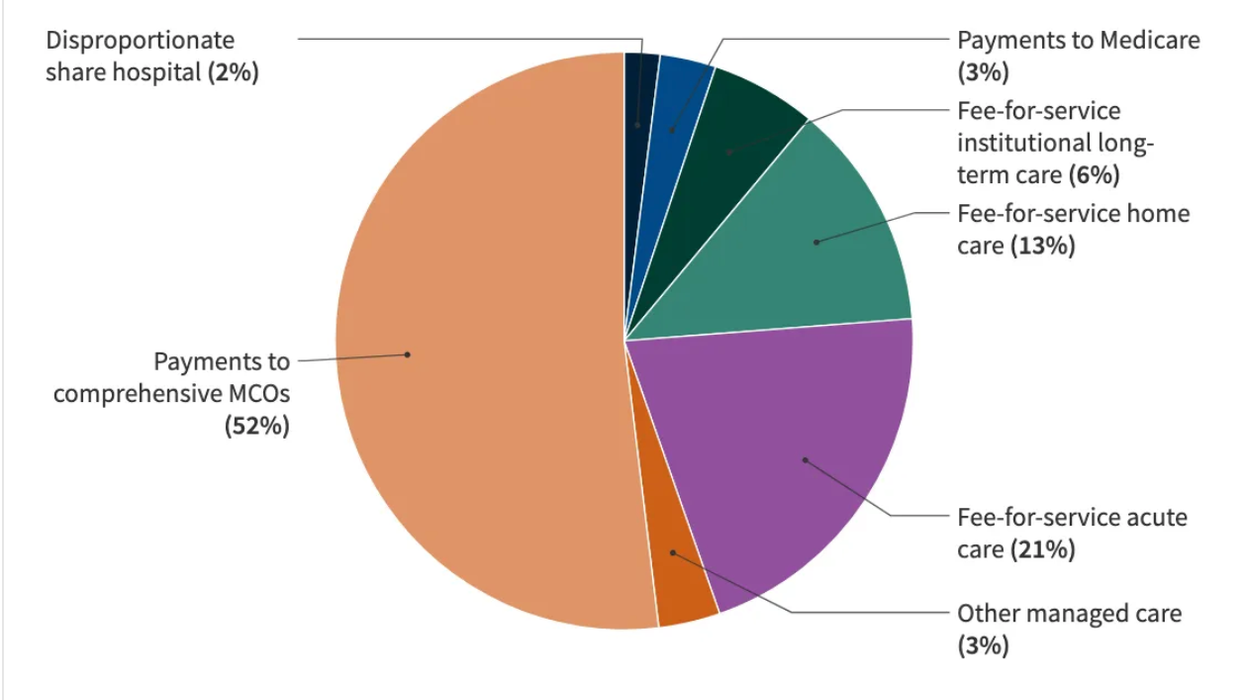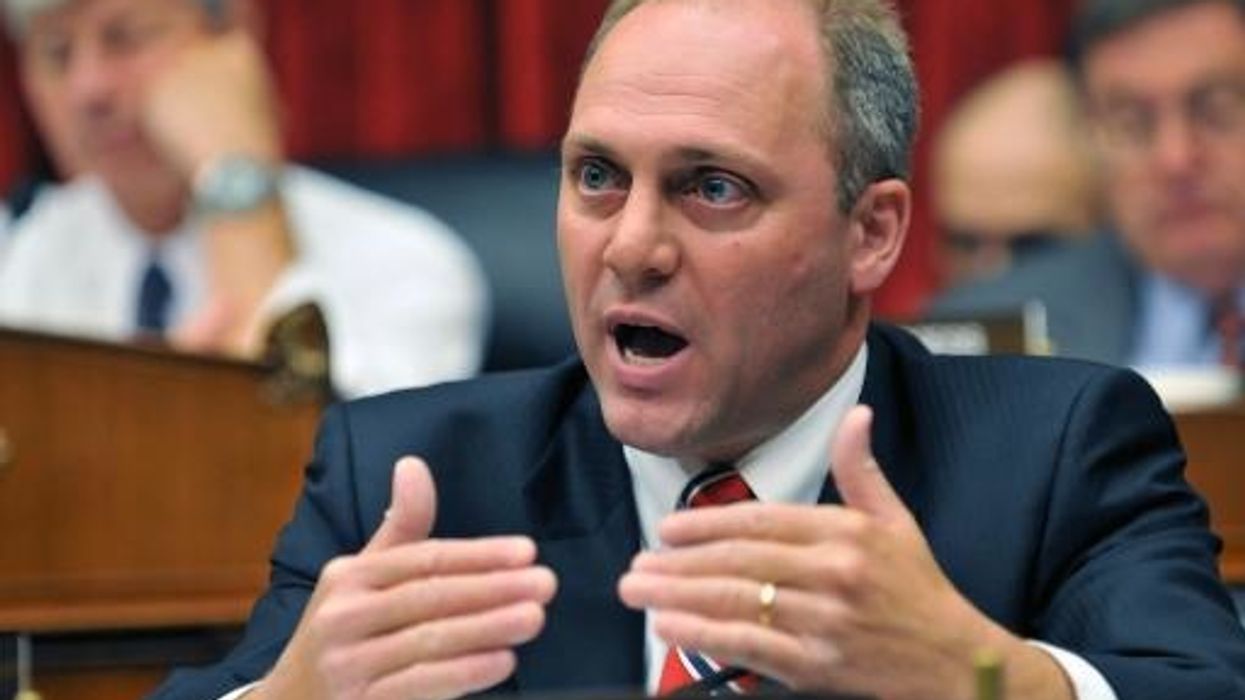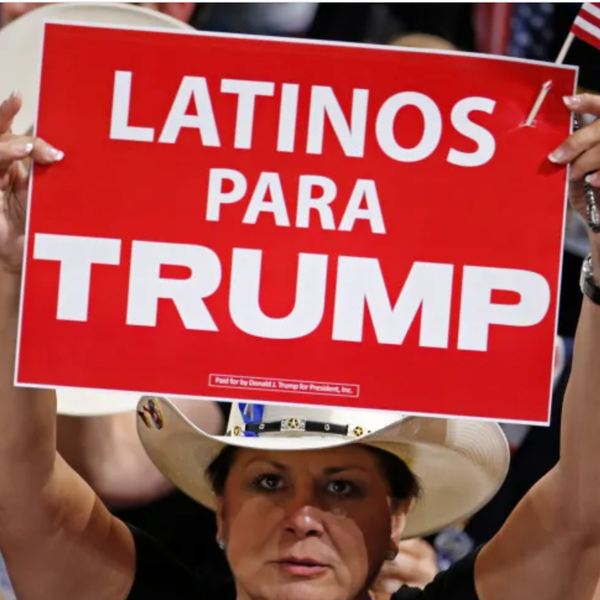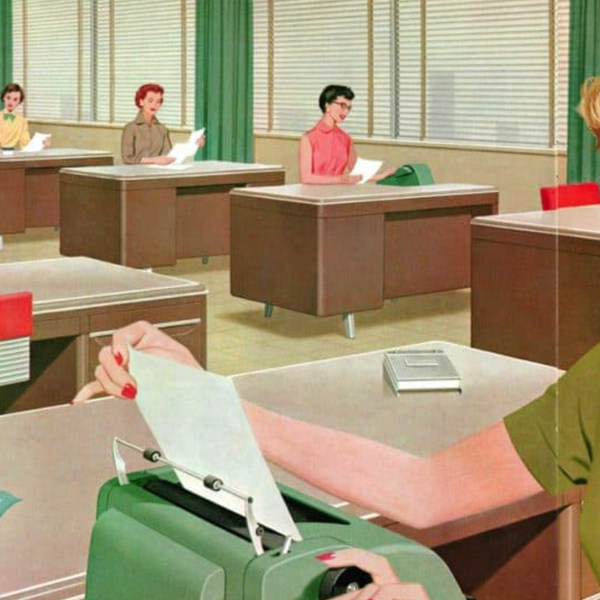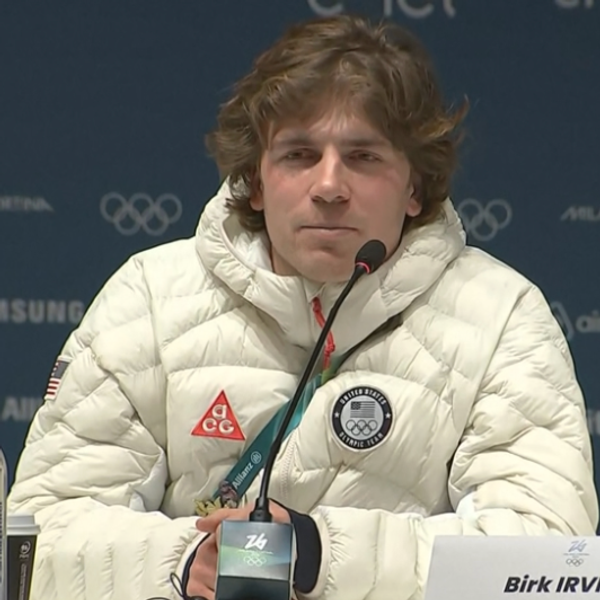It was just under eight years ago that the nation nearly did what it is about to do and has never done before: Eliminate health insurance for millions of Americans.
I vividly recall how the last effort to repeal the Affordable Care Act ended. The entire newsroom of Modern Healthcare (the magazine I edited at the time) had gathered in front of a television monitor to watch the final Senate vote. President Donald Trump had strode into office promising repeal of the ACA. The House, with a large Republican majority, had voted in favor, but only narrowly. Twenty Republicans voted against scuttling a law that had succeeded in cutting the nation’s uninsured rate in half.
In the Senate, the decision came down to one man. Everyone stared as John McCain of Arizona, who was dying of brain cancer, strode across the Senate floor to cast the deciding vote. Republicans senators Lisa Murkowski of Alaska and Susan Collins of Maine had already voted no. As he approached the well where votes are cast, he stretched out his right arm. He had just held a brief phone conversation with the president. When his name was called, he held out his fist. With a quick flourish, he turned his thumb down. The gasp was audible.
The road to an inadequate system
Unlike every other country in the industrialized world, health insurance in the U.S. is not universal. Nor is it a right (despite the United Nations, the World Health Organization and a half dozen Democratic presidents declaring it so over the past 80 years). It is not even a guaranteed benefit for working under our employer-based health insurance system. There is no legal requirement that thousands of small businesses with tens of millions of workers offer coverage to their employees or that business, large or small, make it affordable when they do.
That’s why over the past century Congress has created an inadequate patchwork quilt of health insurance systems that to this day leaves 27 million people or 8.2% of the population uninsured. We have a government-run health care system for veterans (officially organized in 1921); a government-subsidized private insurance system paid for by employers (1940s); a government-run Medicare system for the old and disabled (1965); a joint federal-state Medicaid system for the poor (1965), subsequently expanded to include millions who work at low-wage jobs (20100; a government-run program for children who fall through the cracks (1997); and government-subsidized private health insurance for individuals who otherwise don’t have coverage (2010).
As Congress stitched each program onto the quilt, the share of the population without coverage fell. During recessions, the uninsured rate would sometimes rise temporarily, but the overall trajectory of the past century has been to move slowly, seemingly inexorably toward universal coverage.
We’re now on the verge of reversing progress for the first time. Donald Trump’s idea of making America great is to take us backwards to the time a little over a decade ago when fully 17% of the population was uninsured.
Let’s not forget that passage of the ACA took place against a backdrop of private insurance rates skyrocketing to pay for the uncompensated care given to the desperately ill people who showed up on hospitals’ doorsteps. It was also a time when tens of millions of people lacked access to routine health care, especially among the poor and poorly paid working class. That led to the gross disparities in life expectancy, infant and maternal mortality, and chronic disease incidence and deaths, which still bedevils this country.
Meanwhile, Robert F. Kennedy Jr., the Trump-appointed head of the Health and Human Services Department, is presiding over the dismantling of our world-class medical research system. He’s organizing sharp reductions in childhood vaccination programs and has little to say about the budgetary evisceration of our public health infrastructure. He makes loud pronouncements about the low quality of our food supply, yet says nothing about legislation that will literally rip food out of the mouths of children. Make America healthy again? Make America unhealthy again is more like it.
There’s still hope
Despite Trump’s threat to deploy the MAGA hordes to destroy the careers of Republican Congresspersons who go against his wishes, there’s still hope that the One Big Ugly Bill can be stopped. It only takes five Republicans in the House to vote no with the 212 Democrats who will be solidly against the legislation. The Senate version that passed Tuesday sharply reduces federal support for hospitals in nearly every jurisdiction in the country in addition to maintaining massive cuts in the core Medicaid program. Its aid for rural hospitals doesn’t begin to cover the losses most will absorb.
That’s the main reason the bill barely squeaked by in the upper chamber. GOP Sens. Thom Tillis of North Carolina and Susan Collins of Maine, who couldn’t stomach the Medicaid cuts, were joined by Sen. Rand Paul of Kentucky, who didn’t think its cuts went far enough. Alaska’s Sen. Lisa Murkowski, whose largely rural state would be harmed by the bill, could have been the deciding vote by said ‘yay’ despite what she said were grave misgivings. “We do not have a perfect bill by any stretch of the imagination,” she told reporters. “My hope is that House is going to look at this and recognize that we’re not there yet.”
The reality is that had she voted no, the bill as presently constructed would have died. That would have opened the Senate up for another round of deliberations where she would have wielded enormous influence.
“This fight’s not over”
The next battleground is the House, where Speaker Mike Johnson (R-LA), who represents another district heavily dependent on Medicaid, faces a difficult choice. He could call for a conference with the Senate, which could become a long and messy negotiation between budget hawks like Paul and those pleading for special bailouts like Murkowski and Collins.
Or, he could take the politically risky path of calling for a vote on the Senate bill, which would test Trump’s power. That opens the door for citizen activists, advocates for the poor, and the hospital and physician lobbies to put maximum pressure on Republican legislators, particularly those from swing districts that will suffer greatly from reduced support for Medicaid.
That work is already underway. Hundreds of people recently showed up on a rainy night in Omaha to pressure Rep. Don Bacon (R-NE), a former Air Force general. The Nebraska Hospital Association has warned his district faces at least six hospital closings should the bill pass. Last year, he narrowly won a district that supported Kamala Harris in the presidential race. After voting for the House version of the One Big Beautiful Bill, he announced his retirement.
“Nebraskans want no cuts to Medicaid,” Kelsey Arends, a staff attorney for Nebraska Appleseed, said at a press briefing organized by Families USA, which is just one of many groups organizing protests across the country. “340,000 people here rely on it.” Voters passed a referendum in 2018 expanding Medicaid under the ACA. In 2020, there were widespread protests that succeeded in stopping the Republican governor from instituting work requirements. “Rep. Bacon vowed to protect (Medicaid), but these bills are taking it away,” she said.
Similar local organizing campaigns are taking place in all the districts where Republican won House seats by thin margins, often riding into office on Trump’s coattails. Now they’re telling their constituents that they want to protect Medicaid and keep rural hospitals open.
“This fight’s not over,” Families USA executive director Anthony Wright said. “If these members mean anything that they said, they should not vote for this bill.”
Merrill Goozner is a former editor of Modern Healthcare, where he wrote a weekly column. He is also a former reporter for The Chicago Tribune and professor of business journalism at New York University.
Reprinted with permission from Gooz News.

